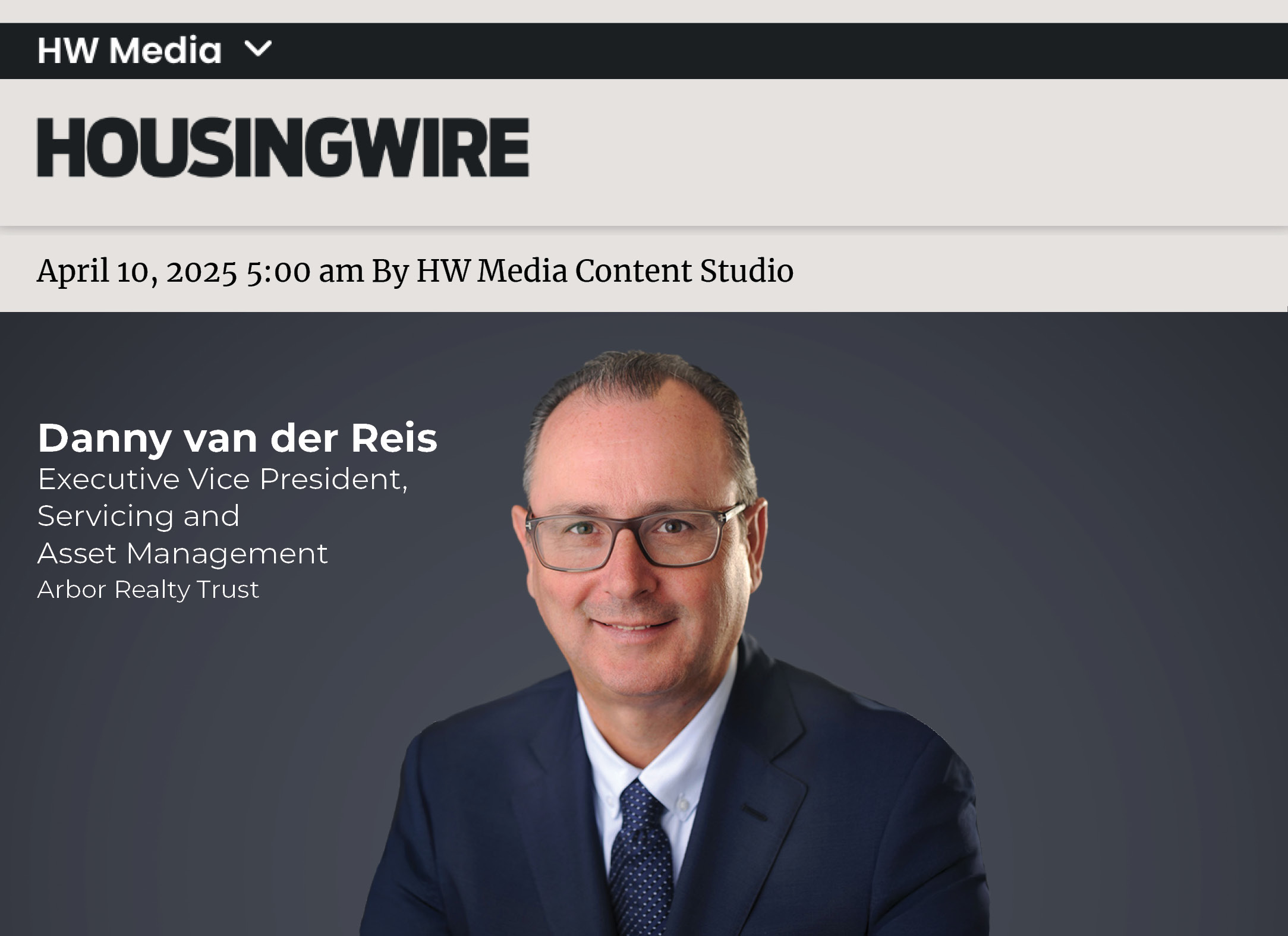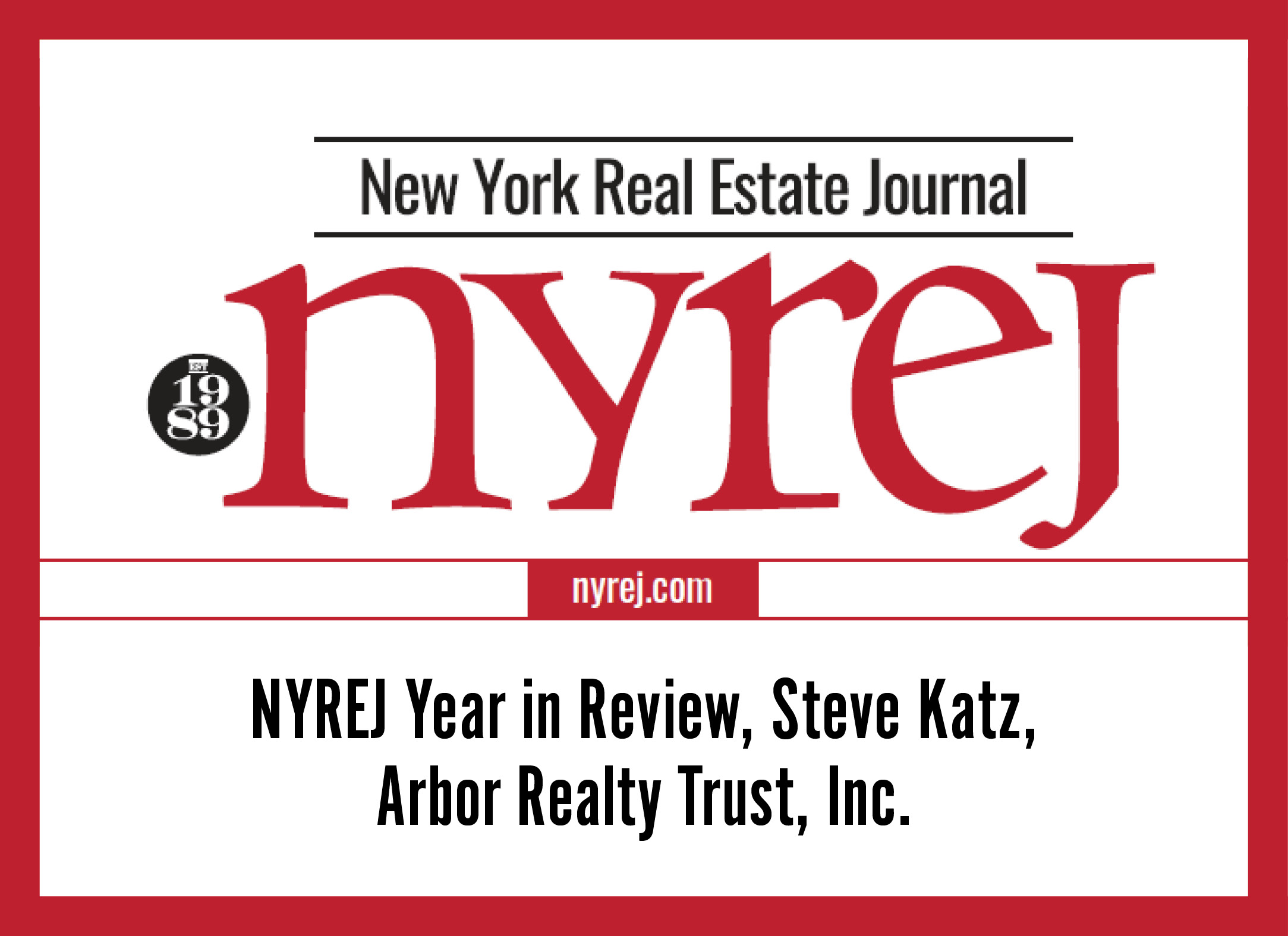Ivan Kaufman Talks Arbor’s Success in Multifamily During COVID-19 at NYU Capital Markets Leadership Series
Kaufman Shares Why Multifamily Has Remained a Strong Asset Despite the Global Pandemic
Ivan Kaufman, the founder, chairman and CEO of Arbor Realty Trust, Inc. (NYSE:ABR), appeared as the first featured guest on the NYU Schack Institute of Real Estate’s Capital Markets Leadership Series. Defying the negative economic pressures of COVID-19, Arbor achieved strong earnings. Kaufman shared an insider’s view of what’s behind his company’s phenomenal success and forecasts for the multifamily sector’s post-coronavirus future.
“Our earnings have never been better,” Kaufman stated to the program host, Sam Chandan, dean of the Schack Institute. “Most people are cutting their dividends or trying to figure out how to maintain them. We’ve increased our dividend in the pandemic.”
Arbor’s experienced management team anticipated the recession, following a 10-year bull run. The company structured its balance sheet and its lending, positioning itself for strong performance during the economic downturn. As suggested in other recent interviews, Ivan emphasizes how the REIT has a strategically diversified business platform. This includes serving as a top Fannie Mae and Freddie Mac small multifamily lender having a more than $5 billion balance sheet, and being active in growth areas such as single-family rentals (SFRs).
With headquarters in Uniondale, New York, Arbor has had many of its employees return to the office ahead of its peers. Kaufman advised companies to exercise common sense with phased re-openings and to consider density, transportation and the effectiveness of remote working.
Despite COVID-19, multifamily has performed exceptionally well. He credited the CARES Act with enabling people to pay rent and keeping the economy afloat. Prior to the pandemic, multifamily properties experienced consistent rent increases of 3% to 5% each year, for the last decade.
Even with the coronavirus disruptions, Kaufman opined multifamily remains a solid asset class. “When you underwrite a loan and the property is 95% occupied, there is coverage. You can go down to 87% or 86% occupied before you start seeing some pain. So, we’re in good territory,” he explained. “It’ll get a little bit softer, but I think overall, we’re in an extraordinarily great place.”
He pointed out that investors can refinance with today’s low interest rates, offsetting a decline in rents and occupancy with reduced mortgage payments.
However, the head of one of the nation’s leading multifamily lenders noted Class A urban properties will suffer as COVID-19 has accelerated the demand for reduced density and millennials are moving to the suburbs to form families.
“Absorption is going to be a lot slower. That will be the soft part of the market, no question about it,” said Kaufman. “The workforce housing, the B and C, specifically Class B properties, are holding up extraordinarily well.”
In addition, Fannie Mae and Freddie Mac support the multifamily market, providing liquidity and consistency in multifamily lending. During the interview, Kaufman also discusses the growth in SFR demand, additional investment opportunities, other capital sources, the CMBS market, technology and much more.
Listen to the full NYU Schack Institute of Real Estate Capital Markets Leadership Series Interview.
—–
For more of Ivan Kaufman’s perspective on current multifamily trends, visit Arbor in the News. Contact Arbor to learn about our multifamily solutions to address your business goals.





